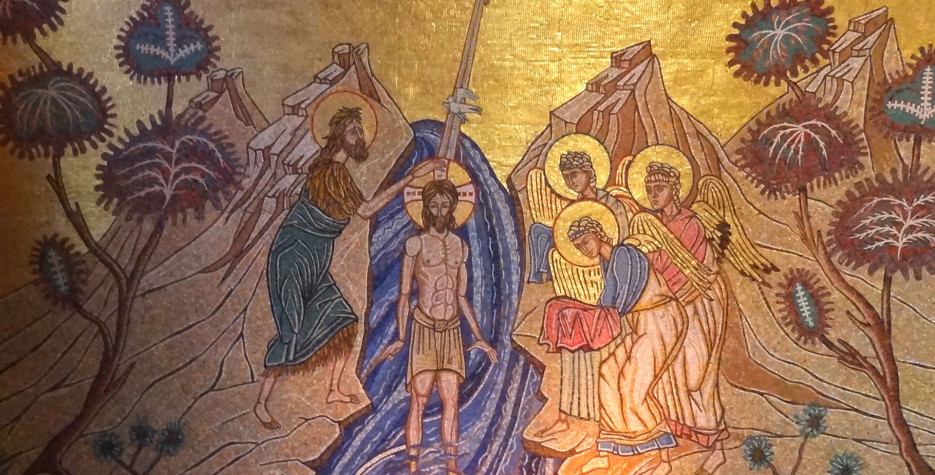When is the Synaxis of St. John the Baptist?
In March 2023, Romanian president Klaus Iohannis signed into law the amendment declaring January 6th, the Feast of the Theophany, and January 7th, the Synaxis of St. John the Baptist, as legal holidays in which work is not permitted. Thus, these two extra days off will be added starting in 2024.
The law was initiated by the president of the Chamber of Deputies, Marcel Ciolacu, and the leader of the PSD deputies, Alfred Simonis. They noted that there are 16.3 million citizens, or 86.45% of the total population, registered as Orthodox Christians in the 2011 census in Romania.
On January 7th, the Greek and Romanian Orthodox churches celebrate the Feast Day of the Synaxis of Agios Ioannis (St. John) the Baptist and Holy Forerunner of Christ, who is also the Protector Saint of God, as he baptised Jesus Christ.
What is the Synaxis of St. John the Baptist?
In the Orthodox Church, it is customary, on the day following the Great Feasts of the Lord and the Mother of God, to remember those saints who participated directly in the sacred event. So, on the day following the Theophany of the Lord, the Church honours the one who participated directly in the Baptism of Christ, placing his own hand upon the head of the Savior.
St. John was the son of the Prophet Zacharias and Elizabeth, who was a cousin of the Virgin Mary. St. John is known as the "Forerunner" and "Baptist." He is called the Forerunner because he preceded Christ and taught repentance, which prepared men for Jesus' teaching and His ministry.
According to Holy Tradition, he was the first to recognise Christ as the Messiah as early as when they were both still in their mothers' wombs. It is said that the Virgin Mary went to visit her cousin Elizabeth and when they embraced John leapt in his mother's womb.
According to the New Testament, John was sentenced to death and subsequently beheaded by Herod Antipas around AD 30 after John rebuked him for divorcing his wife Phasaelis and then unlawfully wedding Herodias, the wife of his brother Herod Philip I.


